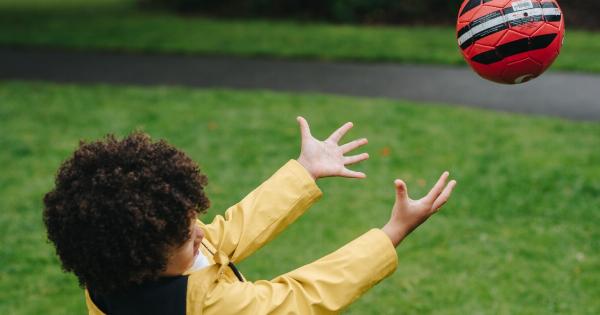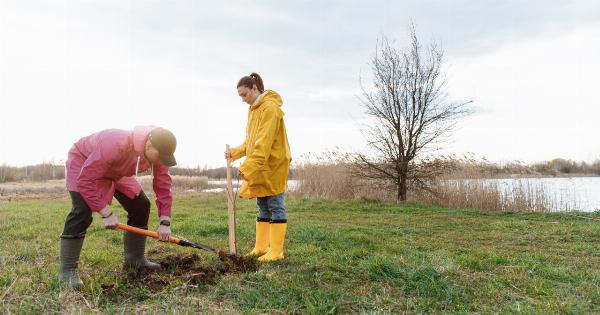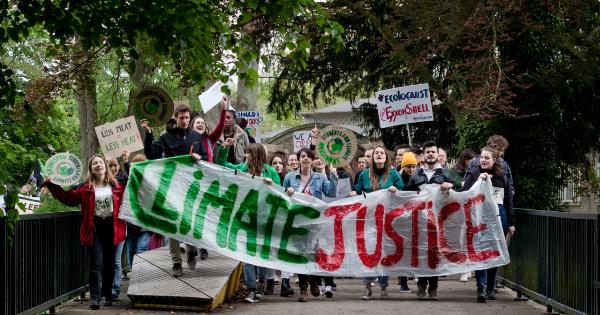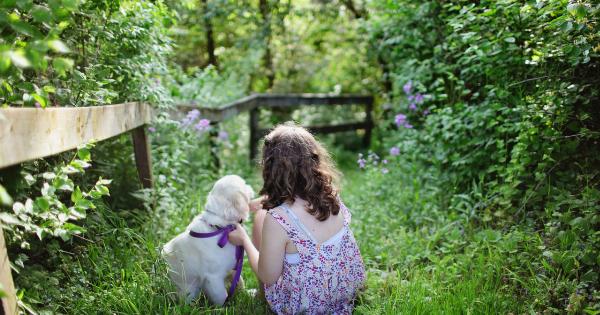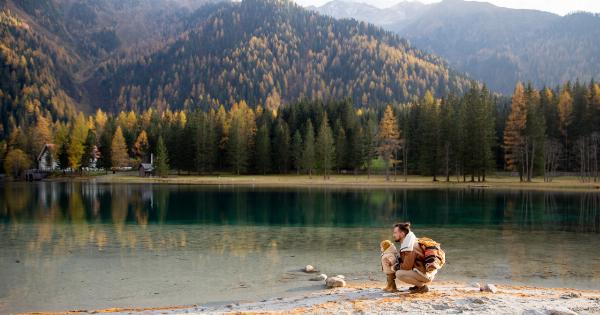Over the years, our relationship with the outdoors has evolved significantly. From being an integral part of our daily lives to becoming distant and disconnected, humans have experienced a radical shift in how we interact with nature.
While it may be easy to attribute this transformation to urbanization, technology, or simply changing societal values, there is one unforeseen element that has played a substantial role in shaping our connection to the outdoors.
Technology: Bridging the Gap or Widening the Divide?
Advancements in technology have undoubtedly impacted our lives in countless ways, including how we engage with the natural world.
On one hand, technology has bridged the gap between humans and nature by providing us with virtual experiences, educational tools, and platforms for environmental advocacy. Virtual reality nature walks, nature apps, and online communities have allowed many individuals to connect with the outdoors in ways that were previously unimaginable.
On the other hand, however, technology has also widened the divide between humans and nature.
The proliferation of social media, video streaming services, and addictive smartphone apps has led to a generation of individuals who are more engrossed in their screens than the natural beauty that surrounds them. The constant distractions and instant gratification provided by technology have made it harder for people to find solace and fulfillment in spending time outdoors.
The Disconnect: Urbanization and Modern Lifestyles
Urbanization and the rapid pace of modern life have created environments that are increasingly detached from nature.
Cities sprawling with concrete jungles, high-rises, and artificial landscapes have replaced the serene and organic beauty of natural habitats. The demands of work, education, and social obligations have left many individuals with limited time and energy to venture into the outdoors, let alone foster a deep connection with nature.
Moreover, the prevalence of sedentary lifestyles has further compounded the disconnect.
The rise of desk jobs, the allure of indoor entertainment, and the convenience of modern conveniences have diminished the need for physical activities that naturally occur in outdoor settings. As a result, many people are deprived of the physical and mental health benefits that come from spending time in nature.
The Call of the Wild: Seeking Balance and Reconnection
Fortunately, there has been a growing recognition of the importance of reconnecting with the outdoors, both for individual well-being and the health of the planet as a whole.
The call of the wild is becoming louder as people realize the void that exists within them due to the disconnection from nature.
Many individuals are actively seeking ways to incorporate nature into their lives, even amidst the confines of urban settings.
Urban green spaces, rooftop gardens, and community parks are being designed and utilized to provide a proximate dose of nature to city dwellers. The benefits of exposure to green spaces, such as reduced stress, improved cognitive function, and enhanced creativity, have been well-documented and are driving the demand for more accessible outdoor spaces.
Reconnecting with Nature: A Personal Revolution
Reconnecting with nature is not solely about physical proximity to green spaces; it is a personal revolution that starts from within.
It requires a shift in mindset, a conscious effort to prioritize the outdoors, and a commitment to environmental stewardship.
Engaging in outdoor activities, such as hiking, camping, or gardening, can be transformative experiences that bring individuals closer to understanding and appreciating the natural world.
These activities provide opportunities for introspection, reflection, and a realization of our place within the larger ecological web.
Education and Environmental Awareness
Education and environmental awareness play a vital role in shaping our connection with the outdoors.
By understanding the interconnectedness of ecosystems, the importance of biodiversity, and the consequences of our actions, individuals are empowered to make informed decisions about their relationship with the environment.
Integrating environmental education programs into schools, workplaces, and communities is key to raising awareness and fostering a sense of responsibility towards the earth.
Recognizing the profound impact of climate change, pollution, and habitat destruction, people are becoming more motivated to actively engage with the outdoors and contribute to conservation efforts.
Harmony and Balance: A Sustainable Future
In the quest for a sustainable future, achieving harmony and balance in our connection to the outdoors is essential. We must find ways to navigate the advancements of technology while preserving our innate bond with nature.
Embracing the outdoors not only enhances our well-being but also deepens our understanding of the natural world and inspires us to protect it for generations to come.









